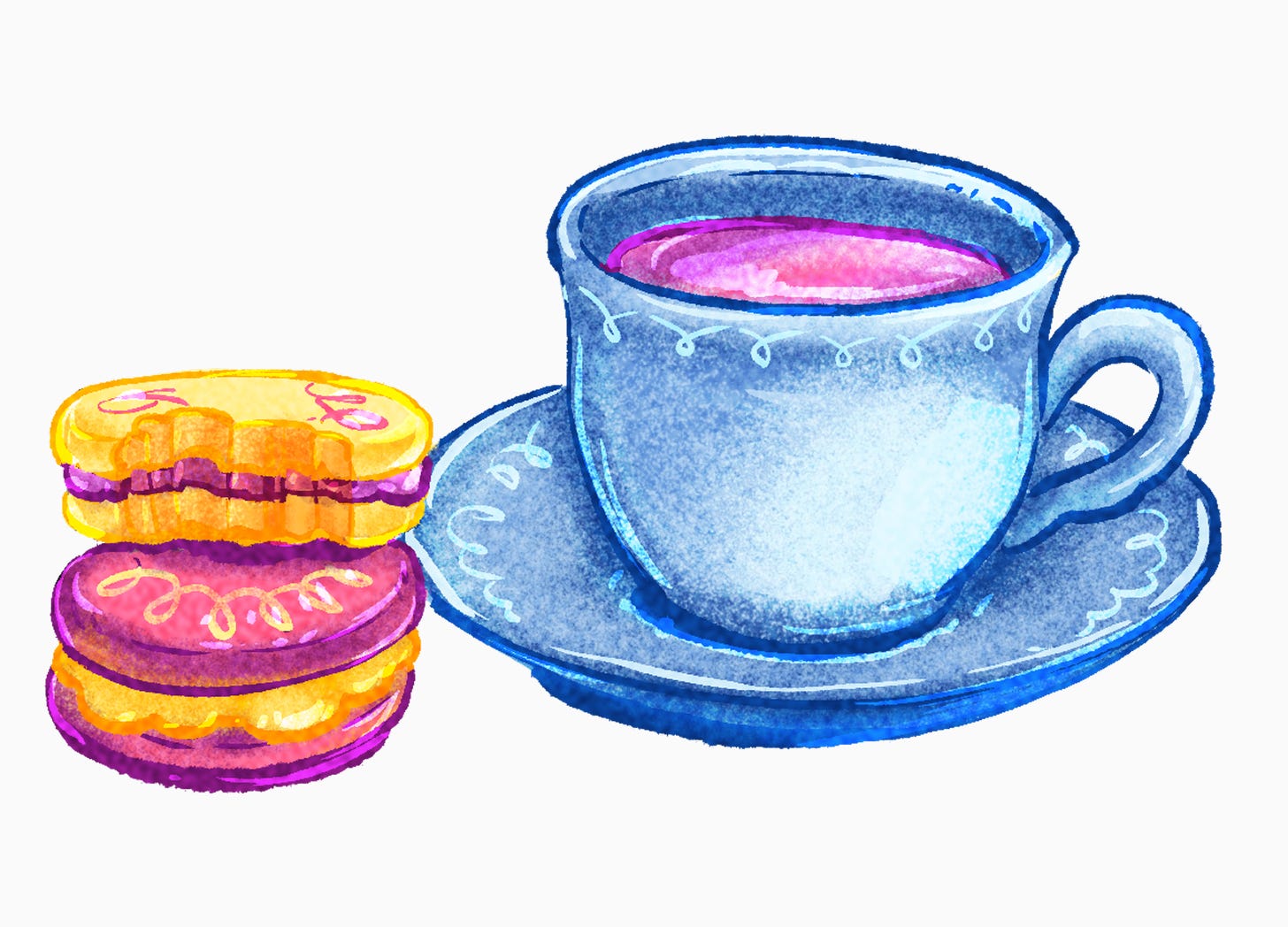Every few weeks, I realize I have no actual taste. Only reactions. I listen to a song and I like it. Why? No idea. I watch a show and stop halfway. Why? “It was boring,” I say, as if that’s an explanation and not a shrug dressed as a thesis. Most of what I call my taste is really just a list of things I didn’t (or forgot to) turn off.
Somewhere along the way, liking something became passive. Scroll. Tap. Like. Move on. “Good taste” is a curated feed. And yet, curation is not discernment. Aesthetic preference doesn’t equate aesthetic consciousness.
Our preferences are both hyper-visible (to an almost scary and dangerous degree) yet oddly inaccessible to us. We “like” thousands of things, but if asked to trace the thread of why, most of us will either feel it’s unimportant to examine or try to do so and come up short. Our tastes have become automated, nudged by algorithms that predict what we want before we even know we want it.
Isn’t part of the enjoyment of life discovering new experiences that you didn’t know you needed!? That eerie, perfect magic-wand-dazzle between you and a piece of the world feels much harder to create now.
When everything comes pre-sorted and pre-packaged for us, we stop forming real relationships with what we consume.
Thinking this a byproduct of scrolling would be an oversimplification of something far more sneaky. There’s an old psychological principle called the mere-exposure effect — the more often we see something, the more likely we are to think we like it (Zajonc, 1968) Repetition breeds familiarity, and familiarity feels like taste.
Ultimately, all this goes beyond culture. It’s about selfhood. If I don’t know why I like what I like, then how much of me is actually me? How much of my taste is just mimicry? How much of my opinion is actually inherited? And if I can’t articulate the difference between “I like this” and “This is good” and “This matters” … then how much do I really know myself? And if we don’t know the self, is it possible to truly know another?
So, if you’re feeling adrift (like me right now) …here’s a radical practice: start noticing what you notice. Sounds insane, I know, what hear me out. I mean…train yourself to pair the why with the what and then, extend it to how.
When you like something, ask yourself why and then think about how it had this affect on you. Does it remind you of something you lost? Does it challenge something you thought you believed? Does it make you feel weird, off-center, alive? Can you trace the line between confusion and desire? Can you recognize the divine within the profane and vice versa?
In the words of Marcus Aurelius, “The happiness of your life depends upon the quality of your thoughts.”




I love that you are thinking about these things. I have spent the day mulling these questions over and feel like I will continue to think about them, which is the mark of a great essay.
I would offer that there is also value in just feeling what a piece makes us feel and not needing to analyze or explain to ourselves why every time. I found poetry in a parking lot on my phone while waiting for a medical appointment for my son during a devastating time in my life. I will never forget how it felt to have my heart split open and finally cry all the tears that had been aching in my chest for so long and how I felt I could finally breathe again. I still don't know why that poem has such a huge effect on me every time I read it--the subject matter is World War II and shoveling snow, not exactly applicable to my situation at that moment lol.
Poetry is such an immensely powerful form, especially shared in groups that have shared similar types of pain. I have been thinking a lot lately about how we sterilize the experience of opening your heart in words by putting it on screens or in journals (though I would never have found poetry without those things so obviously I am not anti-screen or journal!).
It's fascinating to think "Why am I noticing this thing? What is calling to me so strongly from this piece?" I certainly want to start doing that more often. But I also hope we give ourselves space at times to just experience what the poem gives us. In an interview Ocean Vuong once said that what we write is performance art between the writer and the reader. Different readers bring different frameworks to the art so it will never be the same twice. As someone who used to worry about a piece being understood in exactly the right way that I intended it, that gave me a sense of peace to let the reader have their personal experience with my work. I love that idea of the reader and the poet creating a brief moment of art together that can never be recreated. The same reader could read the poem again a different day in a different emotional state and have a different experience with the exact same work. I think it's all fascinating. Thank you for sharing this! Gave me a lot to think about.
So true! I didn't start thinking like a writer when all I did was watch and read ... until I realized, I had never asked the "why" either. Now, I always do. You put it in words valuable to everyone, even people who are not artists and writers.
Great idea to include the famous quote: "In the words of Marcus Aurelius, 'The happiness of your life depends upon the quality of your thoughts.' "